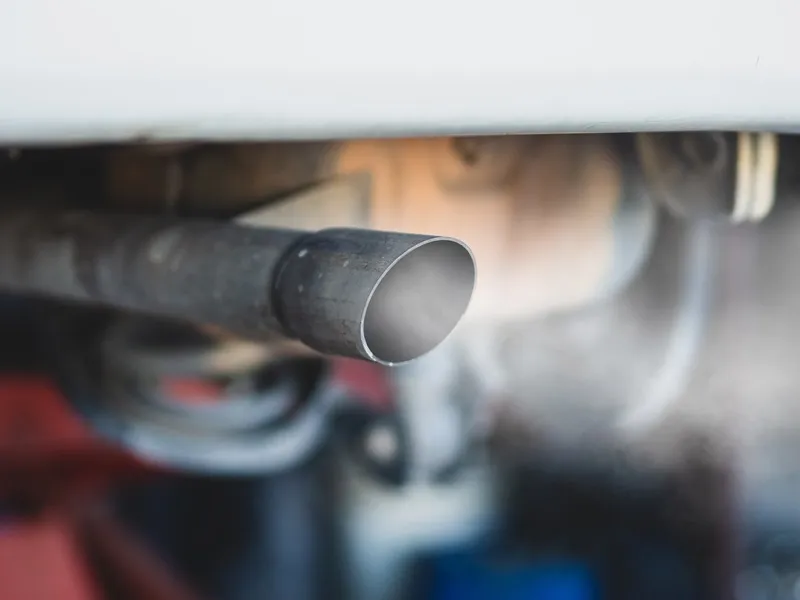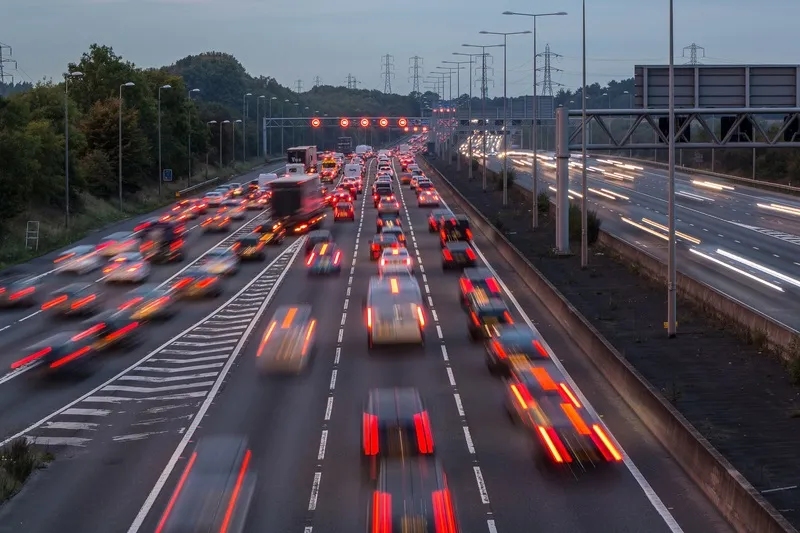
Air pollution has increased in six out of 15 world cities since June, according to figures collated by workspace provider Instant Offices.
Using data from the World Air Quality Index, the company found that Beijing, Los Angeles, Melbourne, Madrid, Cape Town and New York have seen a double-digit increase in PM2.5 levels since lockdown ended.
New York's PM2.5 levels fell 59% as the Covid shutdown bit - but a return towards normality has seen a 33% increase in air pollution as PM2.5 levels return close to pre-lockdown levels.
In June and July, Melbourne's air pollution increased by 17%, with Los Angeles up 16% - and Cape Town's rising 23%.
This has not been the case everywhere, however: at the height of coronavirus restrictions, air pollution fell in Hong Kong (by 16%), Sydney (13%) and Singapore (14%).
After lockdown, Hong Kong has seen a 127% drop, with Sydney (down 35%) and Singapore also seeing cleaner air.
But Instant Offices says Spanish capital Madrid has not seen air quality improvements at all, with air pollution rising by 21%.
John Williams, Instant Group head of marketing, said: “PM2.5 levels plunged across some of the world’s busiest cities, leading to improved air quality, increased visibility and even some historical moments, like the Himalayas becoming visible for the first time in 30 years in India."
“Now, as life slowly returns to normal around the world, our air quality comparison across 15 major cities reveals that while some are still benefiting from cleaner air, others have seen pollution skyrocket.”








